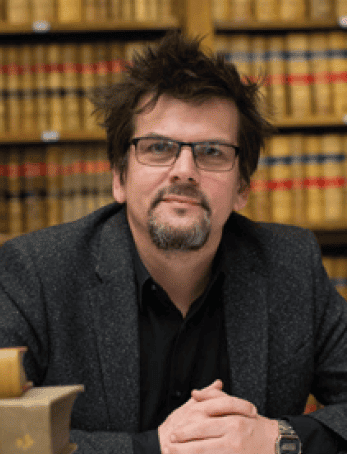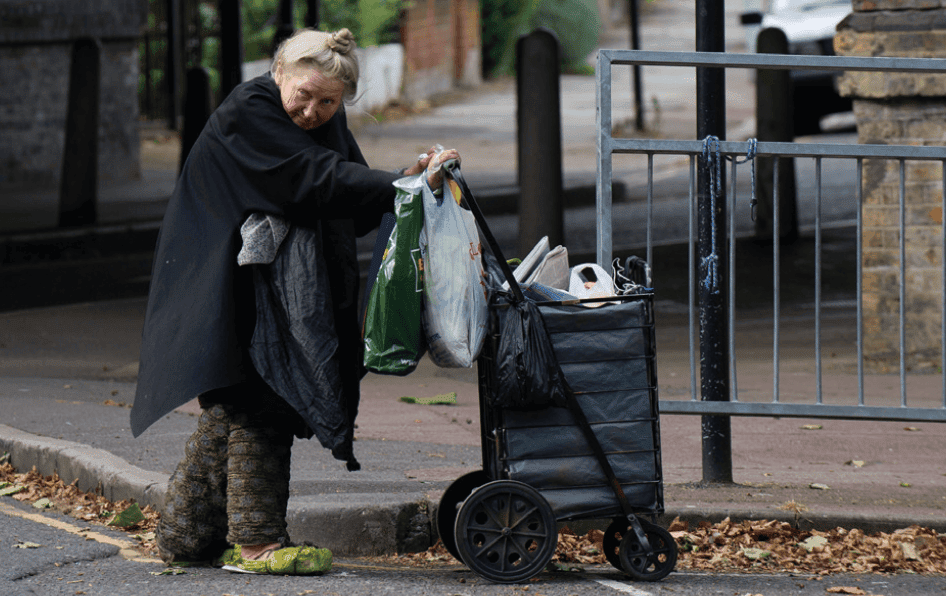Local authorities praise Finders free service to trace next of kin discuss their work in the current edition of Environmental Health News.
Finders is one of a handful of international probate genealogy firms that help local authorities to track down potential heirs and next of kin. Set up by Daniel Curran in 1997, Finders has offices in London, Edinburgh and Dublin, and a staff of 50 who currently work with around 150 local authorities and deal with up to 1,000 local authority cases a year, many referred through EHOs. The company boasts a 98 per cent success rate when it comes to resolving public sector referral cases, with an initial next of kin typically traced within 24 hours, often in time for the funeral. Finders’ service is free to local authorities if an estate is valued at less than £5,000; if the estate is larger than that, the company asks the next of kin to pay a commission fee of between 10 and 20 per cent of the final net sum paid out.
The company also has a network of contacts in countries including Poland where Nazi
occupation during the Second World War led to the destruction of birth certificates, making searches for relatives notoriously difficult. Mr Curran admits that councils tend not to adopt a standard approach to probate searches, which can result in some bizarre practices.

‘There was one EHO who was holding on to urns and ashes. She had 200-odd in her office that no one had ever claimed and yet she did not want to throw them away in case someone came forward to claim them later,’ says Mr Curran. ‘You have people in councils with possessions under their desks in cardboard boxes or stuck in a safe. There is just no set procedure.’
More local authorities also now use genealogy firms, since the Government Legal Department’s ‘Bona Vacantia’ (vacant goods or ownerless property) division defined a council’s ‘reasonable enquiries’ to find a next of kin as including a probate search.
The division is the last point in the process if no next of kin can be found when someone dies intestate. Working on behalf of the Crown, it administers the estates of those who die intestate to collect their assets. If a genealogy firm confirms that no next of kin can be found, the local authority can turn the case over to the division, passing on the responsibility.
To avoid such an outcome, Ms Subotic has recently been working on a case with Finders to locate the next of kin of a former Royal Ballet prima ballerina who recently died in her 80s, alone and intestate. Visiting the home of a deceased can sometimes throw up some surprising discoveries. An only child, she had inherited the family three-bedroom home in Harrow turning it into a shrine to her past glories.
‘I had to crawl to an upper level kitchen, which had been condemned, where I found a state of the art 1920s cooker, which I am sure if put right would be a rare jewel,’ say Ms Subotic.
‘She was extremely proud, very eccentric, very outspoken and took no nonsense from anyone. Her character shouted through the colour and type of clothes she wore. She had ballet shoes everywhere, she had pictures of herself with ballet partners on the walls and she received magazines from the ballet society. Her house shouted, “Look at me,” and I think it was her audience away from the stage.’
During her search, Ms Subotic found a notebook and the name of someone living in New Zealand, which has resulted in the ballerina’s niece flying to the UK next month.
In a case with echoes of Alan Bennett’s book The Lady in the Van, the London Borough of Hounslow turned to Finders for help after the death of 77-year-old Anne Naysmith, a former concert pianist who in later years was forced to live in a car and then a makeshift home and garden on an underground embankment. Fiercely protective of her unconventional lifestyle she became a familiar and beloved local character until she was killed in a collision with a lorry.

‘It was a case for which we received no payment but in the end, there were over a hundred people at her funeral,’ says Mr Curran.
The case of the illegitimate but recognised granddaughter of HG Wells is currently ongoing, while a horde of important ecclesiastical drawing were unearthed after the death of the artist Michael John Bray, a recluse and friend of the Poet Laureate John Betjeman. In this instance, it was an empty homes officer at the council who referred the case to Finders.
Sometimes councils will be forced to use the services of a probate genealogist to prove the authenticity of someone presenting themselves as the next of kin.
‘In my experience, I have never found such people to be malicious or cunning. It was just that they were misled and sometimes it can be sad to share that information with them,’ says Ms Subotic.
This raises another advantage of using probate genealogist services — they are indemnified against errors. If assets were found in later years to have been incorrectly distributed, an insurance payment can be made, rather than an attempt made to reclaim funds from the original beneficiary.
Solicitors’ fees in cases referred by probate genealogists are taken from the estate, so if it transpires there are no assets, the next of kin will not be out of pocket. Other services offered by probate genealogists include will, asset and property searches.
It’s clear from talking to people who are involved in this local government role that they obtain great gratification from what they do. ‘The people in the team that deal with this — it would be probably wrong to say they enjoy it, but they find it a challenging and interesting part of their jobs,’ says Ms Austen. ‘It is something where they feel it is valuable and they are making a contribution and so it is rewarding.’
Ms Subotic is more forthright about her love of the job: ‘It is one of the best and most rewarding jobs I have done. You see the case from unknown to shaking hands with the rightful heir. They are grateful for every photograph you have taken away because it tells a story for them. It is fabulous.’
Finders can be contacted on 020 7490 4935 or contact us via Email.
